Market Trends
Key Emerging Trends in the Wafer Process Control Equipment Market
The Wafer Process Control Equipment market is experiencing several noteworthy trends that are shaping the industry's landscape. One prominent trend is the increasing demand for advanced process control solutions to meet the challenges posed by shrinking semiconductor geometries. As semiconductor manufacturers strive to produce smaller and more powerful chips, the need for precise and efficient wafer process control equipment has become paramount. This trend is driving the development of innovative technologies, including advanced metrology tools, inspection systems, and process monitoring solutions, to ensure the high quality and reliability of semiconductor fabrication.
Another significant trend in the market is the rising adoption of Industry 4.0 principles and smart manufacturing practices. Automation, connectivity, and data analytics are becoming integral to wafer process control equipment, allowing for real-time monitoring and control of manufacturing processes. The integration of Internet of Things (IoT) devices and connectivity solutions enables seamless communication between different stages of the manufacturing process, optimizing efficiency, reducing downtime, and enhancing overall productivity.
The market is also witnessing a growing focus on sustainability and environmental responsibility. As industries worldwide place increasing importance on green practices, semiconductor manufacturers are seeking wafer process control equipment that aligns with eco-friendly standards. This trend is driving the development of energy-efficient tools, reduced waste generation, and environmentally conscious manufacturing processes. Companies are actively incorporating sustainability features into their equipment to meet the rising demand for environmentally friendly solutions.
Integration of artificial intelligence (AI) and machine learning (ML) technologies is another prominent trend shaping the Wafer Process Control Equipment market. AI and ML are being employed to enhance the capabilities of process control equipment, enabling predictive maintenance, anomaly detection, and adaptive process control. These technologies contribute to improved efficiency, reduced downtime, and enhanced overall performance, positioning AI and ML as key drivers of innovation in the market.
Moreover, the market is experiencing a shift towards comprehensive solutions that offer end-to-end process control capabilities. Instead of standalone tools, manufacturers are seeking integrated systems that cover multiple aspects of wafer processing, including inspection, metrology, and defect detection. Integrated solutions provide a holistic approach to process control, allowing for better coordination between different stages of semiconductor manufacturing and streamlining overall production workflows.
The increasing complexity of semiconductor devices and the growing demand for heterogeneous integration are driving the trend of multi-functional process control equipment. Manufacturers are developing tools that can handle diverse materials, accommodate various device architectures, and ensure compatibility with advanced packaging techniques. This trend reflects the industry's response to the evolving requirements of modern electronics and the need for versatile process control solutions.
Market consolidation is also a discernible trend in the Wafer Process Control Equipment market. Companies are engaging in mergers and acquisitions to expand their product portfolios, acquire advanced technologies, and strengthen their market presence. This consolidation trend is reshaping the competitive landscape, with larger entities emerging and smaller players aligning to create more robust and diversified offerings.
Furthermore, the semiconductor industry's increasing focus on 3D integration and advanced packaging technologies is influencing the development of wafer process control equipment. As the demand for innovative packaging solutions, such as System-in-Package (SiP) and Fan-Out Wafer-Level Packaging (FO-WLP), rises, manufacturers are investing in process control tools that can address the specific challenges associated with these advanced packaging techniques.

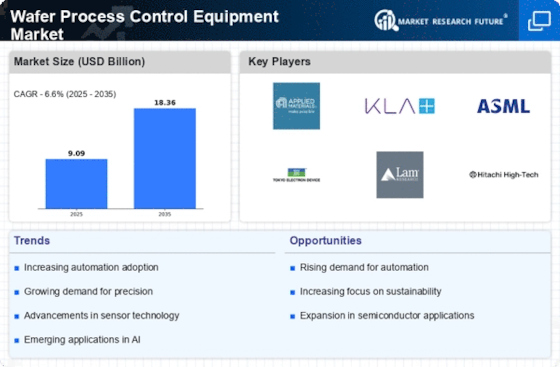
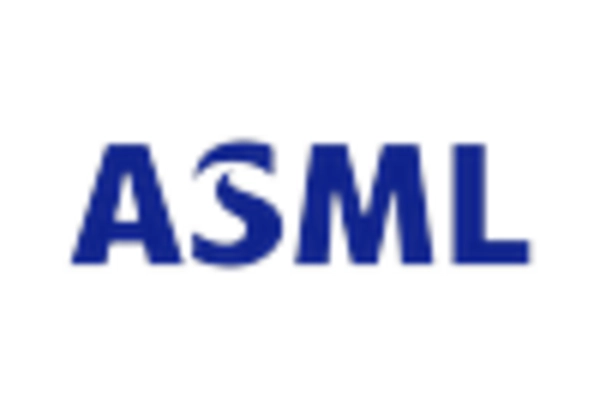


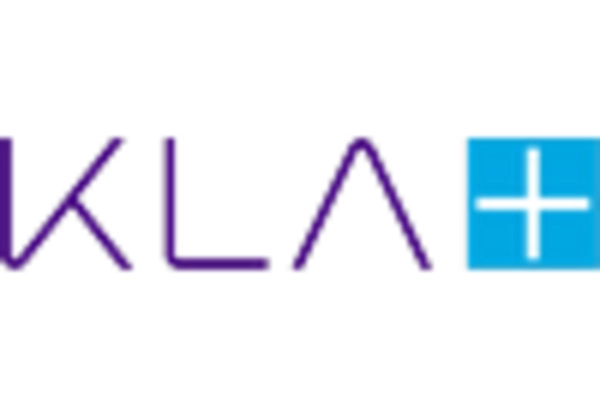
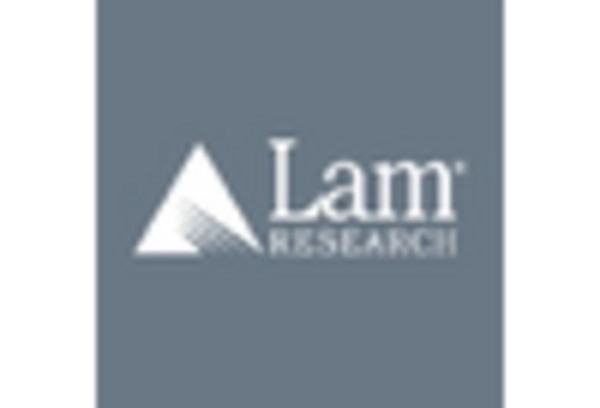
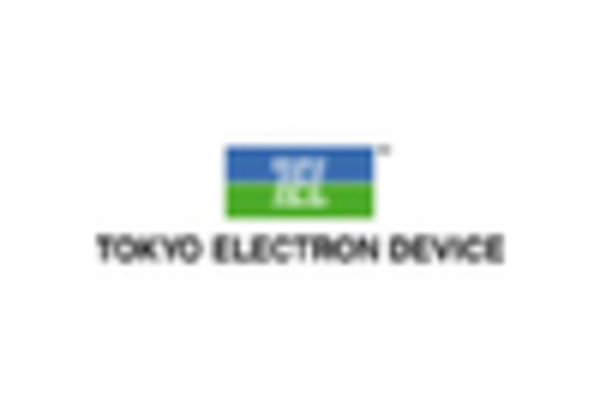









Leave a Comment